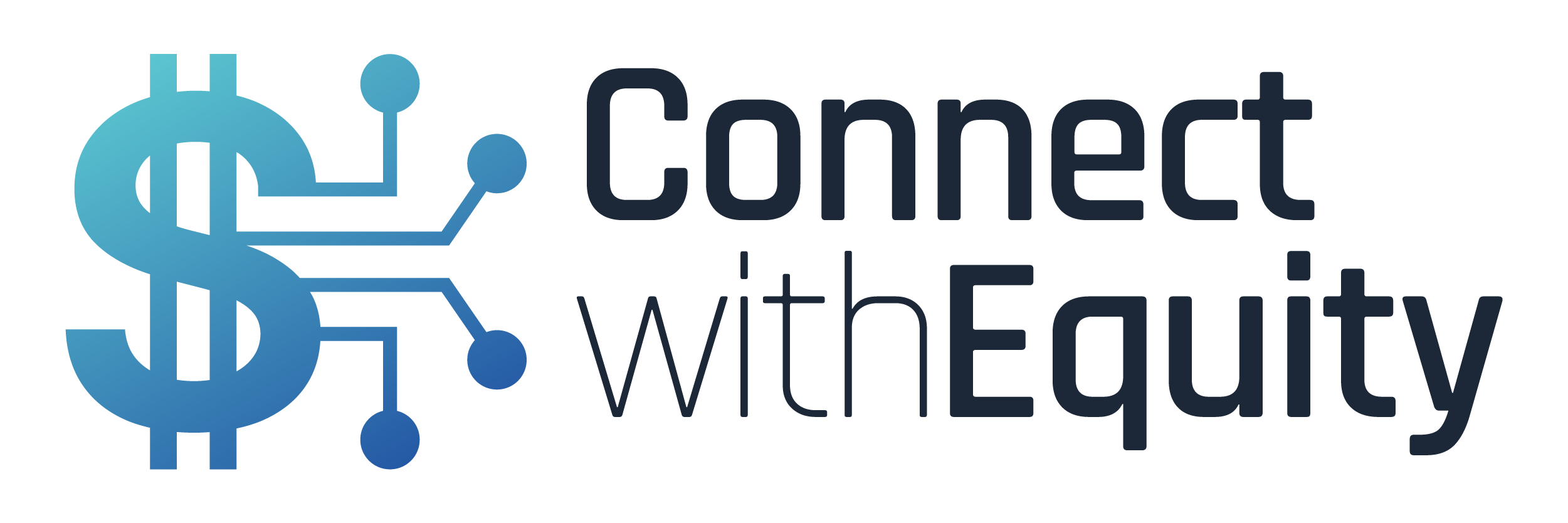Cryptocurrency has become a popular investment option in recent years, attracting both individual investors and institutional players. The decentralized nature of cryptocurrencies is one of the key features that have appealed to many investors, as it provides a level of autonomy and control that is not available in traditional financial markets. However, this decentralization also presents challenges, particularly when it comes to regulation.
Regulation in the cryptocurrency market has been a topic of much debate, with proponents arguing that it is necessary to protect investors and ensure market stability, while opponents believe that regulation goes against the very principles of decentralization that underpin cryptocurrencies. One potential solution to this dilemma is self-regulation, where market participants themselves take on the responsibility of setting and enforcing rules and standards.
Self-regulation in the cryptocurrency market can take many forms, including industry-led initiatives, self-regulatory organizations, and code of conduct agreements. These mechanisms can help to address some of the regulatory challenges facing the market, such as fraud, money laundering, and market manipulation. By setting and enforcing standards for best practices, self-regulation can help to improve transparency, reduce risk, and foster trust among market participants.
One of the key benefits of self-regulation is that it can adapt more quickly to changes in the market than traditional regulatory bodies. This flexibility can be particularly important in the fast-paced and rapidly evolving world of cryptocurrency, where new technologies and market trends can emerge at a rapid pace. By empowering market participants to develop and implement their own standards, self-regulation can help to create a more dynamic and responsive regulatory environment.
There are, however, some challenges associated with self-regulation in the cryptocurrency market. One of the main concerns is the potential for conflicts of interest, as market participants may prioritize their own interests over the broader interests of the market. Additionally, there is a risk that self-regulatory bodies may not have the expertise or resources necessary to effectively regulate the market, particularly when it comes to complex issues such as cybersecurity and anti-money laundering.
Despite these challenges, there are examples of successful self-regulatory initiatives in the cryptocurrency market. One notable example is the Virtual Commodity Association (VCA), a self-regulatory organization created by major cryptocurrency exchanges to establish best practices and standards for the industry. The VCA has developed a code of conduct that covers issues such as transparency, market integrity, and investor Voltana Profit protection, and has been praised for its efforts to promote self-regulation in the market.
In conclusion, self-regulation can play a valuable role in addressing the regulatory challenges facing the cryptocurrency market. By empowering market participants to set and enforce their own standards, self-regulation can help to improve transparency, reduce risk, and foster trust among investors. While there are challenges associated with self-regulation, initiatives such as the VCA demonstrate that it is possible for market participants to come together and create effective regulatory frameworks. As the cryptocurrency market continues to grow and evolve, self-regulation may become an increasingly important tool for promoting market integrity and protecting investors.

Leave a Reply